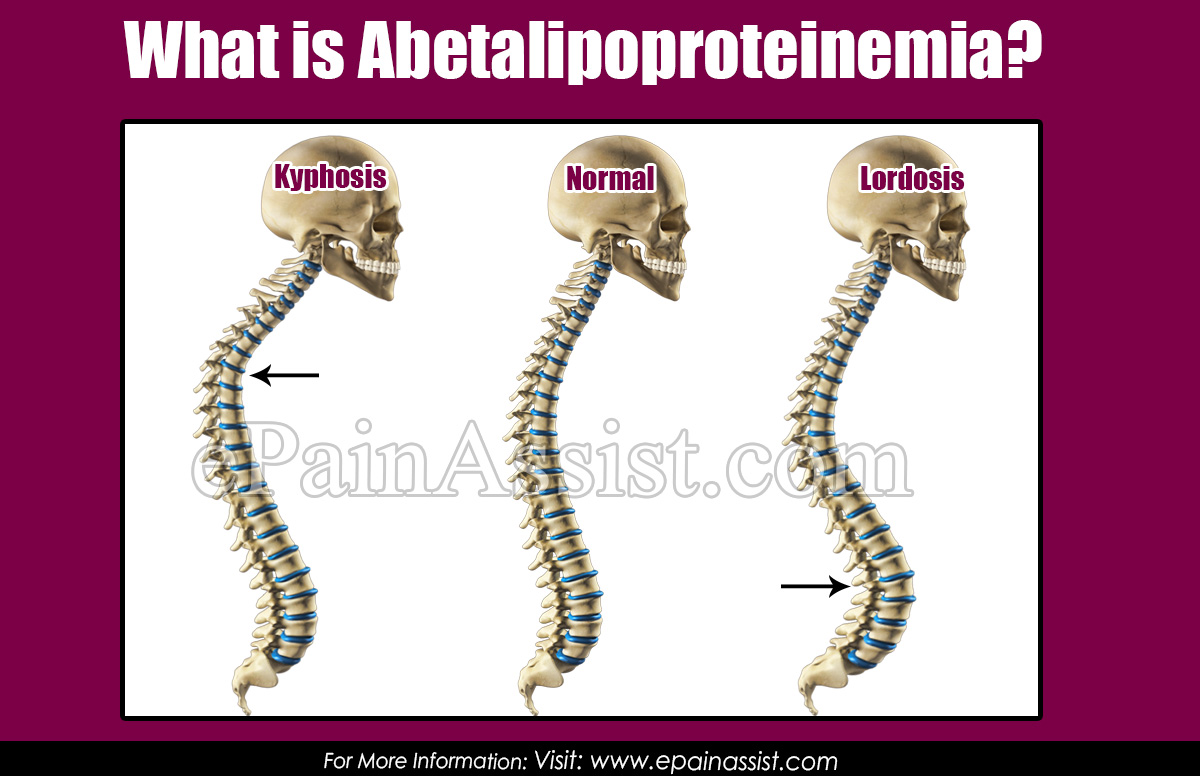What is abetalipoproteinemia and how does it affect the body? This article will help you learn more about this rare disease.
What is abetalipoproteinemia?
Abetalipoproteinemia is a rare genetic disorder that affects the absorption of fats and fat-soluble vitamins from the diet. People with abetalipoproteinemia are missing a protein called apolipoprotein B-100, which is found in low-density lipoproteins (LDLs). This protein is essential for the normal absorption of fats and fat-soluble vitamins. As a result, people with abetalipoproteinemia have poor absorption of these nutrients, which can lead to a number of health problems.
Symptoms
If you have abetalipoproteinemia, you may not have any symptoms. But if you do, they may include:
- • Fatigue
- • Muscle weakness
- • Numbness or tingling in your hands and feet
- • Vision problems
- • Gastrointestinal issues such as abdominal pain, diarrhea, and constipation
Causes
The most common cause of abetalipoproteinemia is a mutation in the MTP gene. This gene provides instructions for making a protein called microsomal triglyceride transfer protein. Mutations in the MTP gene reduce the activity of this protein, which prevents the body from properly breaking down and absorbing fats.
Other causes of abetalipoproteinemia include mutations in the APOB gene or the ABCD1 gene. These genes provide instructions for making proteins that are involved in fat metabolism. Mutations in these genes can also reduce the activity of microsomal triglyceride transfer protein and prevent the body from properly breaking down and absorbing fats.
Diagnosis
If you suspect that you or a family member may have abetalipoproteinemia, it is important to see a doctor as soon as possible for diagnosis. Early diagnosis and treatment is crucial to managing this condition and preventing serious health complications.
There are a few different tests that can be used to diagnose abetalipoproteinemia. One common test is called a serum lipid profile. This test measures the levels of different fats and lipids in your blood. People with abetalipoproteinemia typically have very low levels of cholesterol and other lipids.
Another test that may be used is called a plasma carotene level test. This test measures the level of carotene, which is a type of pigment found in fruits and vegetables, in your blood. People with abetalipoproteinemia typically have very low levels of carotene.
A third test that may be used to diagnose abetalipoproteinemia is called an intestinal absorption test. This test looks at how well your body absorbs fats and other nutrients from food. People with abetalipoproteinemias typically have poor absorption of these nutrients.
Once abetalipoproteinemia
Treatment
The treatment for abetalipoproteinemias is to replace the missing protein in the diet. This can be done by taking supplements of vitamins A and E, which are fat-soluble vitamins that are needed for normal metabolism. In addition, a special diet high in fat and low in carbohydrates may be recommended.
Prognosis
Abetalipoproteinemia is a rare, inherited disorder that affects the absorption of fat and certain vitamins from the diet. People with this condition are unable to make a protein called apolipoprotein B-100, which is found in low-density lipoprotein (LDL) particles. LDL particles transport fats and cholesterol from the liver to other tissues in the body. Without apolipoprotein B-100, LDL particles are not able to transport fats and cholesterol properly. As a result, people with abetalipoproteinemias have very low levels of LDL cholesterol in their blood.
The symptoms of abetalipoproteinemia usually become apparent in early childhood. Infants with this condition may fail to gain weight and grow at the expected rate. They may also develop diarrhea and fatty stools (steatorrhea). Children and adults with abetalipoproteinemia may experience poor night vision and numbness or tingle in their hands and feet (peripheral neuropathy). In some cases, people with this condition develop anemia.
There is no cure for abetalipoproteinemia, but treatment can help to improve symptoms and prevent complications. Dietary changes,

